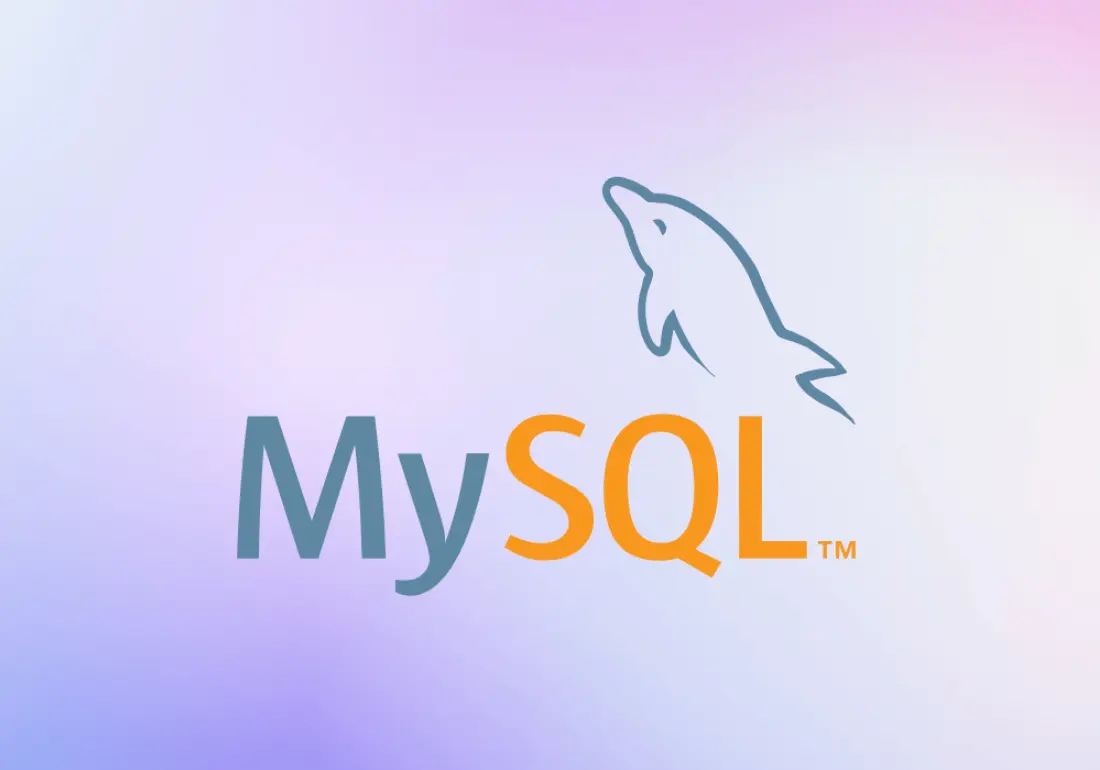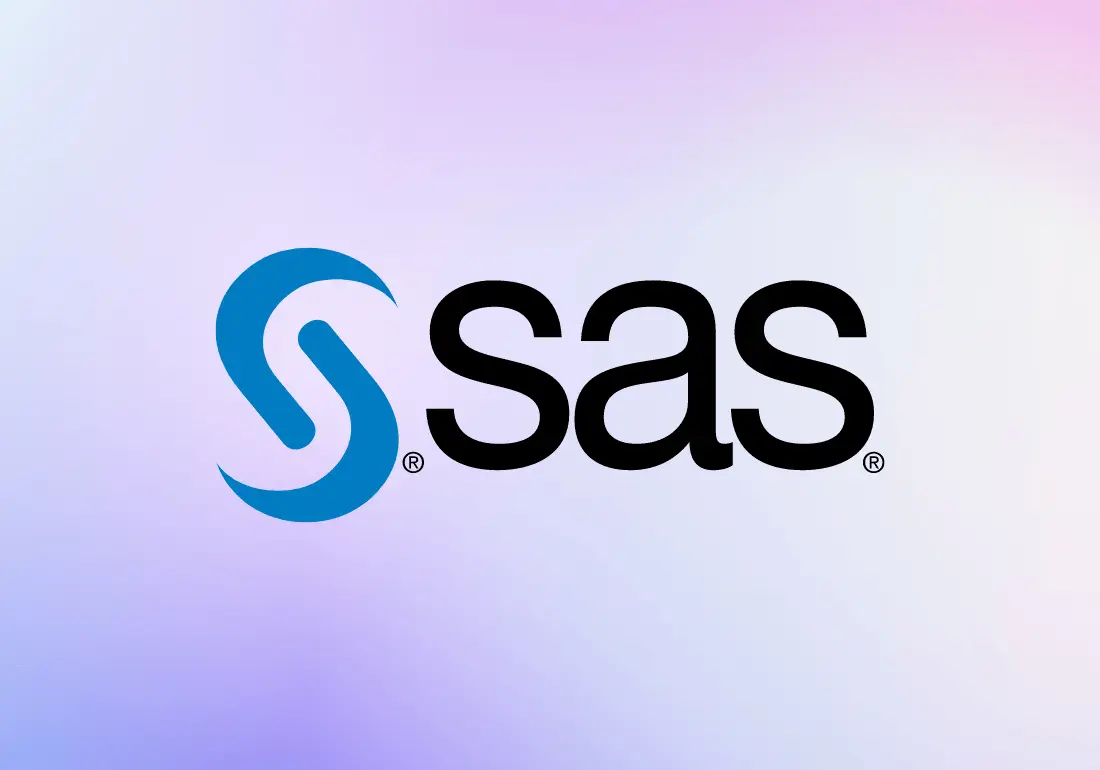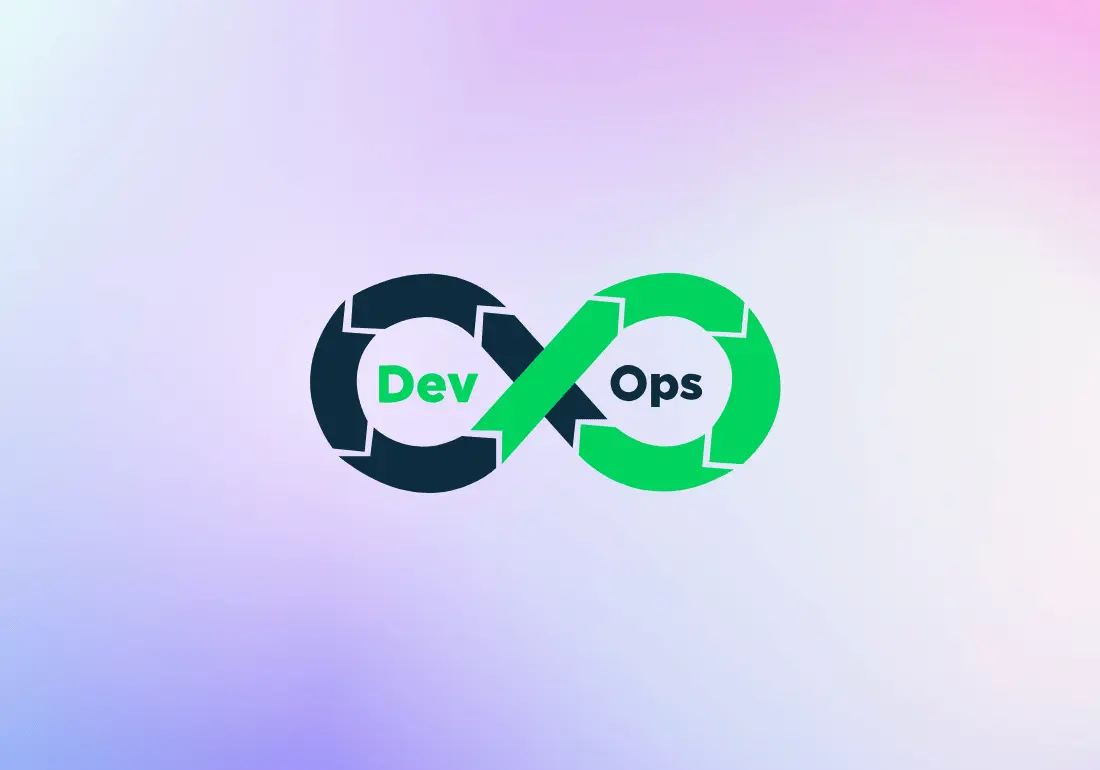Top MySQL Training in Chennai
Modules in MySQL Training in Chennai – Core MySQL, Data Extraction, Data Cleaning, Data Structuring, Data Visualization, Statistical Analysis, MySQL Functions and Queries.

Introduction to MySQL
MySQL, an open-source relational database management system (RDBMS), is a cornerstone of modern data management and analysis. As one of the most widely used databases globally, MySQL offers unparalleled flexibility, scalability, and ease of use, making it an essential tool for organizations of all sizes. Whether you're a data analyst, developer, or business intelligence professional, mastering MySQL is critical to efficiently storing, managing, and analyzing vast amounts of data.
What is MySQL?
MySQL is a database management system that enables the storage, organization, and retrieval of data in a structured format. It uses Structured Query Language (SQL), a standardized programming language, to interact with the database. MySQL supports various data types and is capable of handling millions of records, making it suitable for both small-scale applications and large enterprise systems. It is also highly compatible with many operating systems, including Linux, Windows, and macOS, further broadening its applicability across different environments.
The Role of MySQL in Data Analysis
In today’s data-driven world, businesses and organizations generate massive amounts of data daily. To derive actionable insights from this data, it needs to be organized, filtered, and analyzed efficiently. This is where MySQL plays a crucial role. MySQL allows data analysts to:
- Efficient Data Storage: MySQL’s robust architecture enables efficient storage and retrieval of data, ensuring that data analysts can access the information they need quickly and without hassle. The ability to handle large datasets is particularly important when analyzing trends over time or managing big data environments.
- Data Querying and Extraction: MySQL’s powerful SQL capabilities allow analysts to write complex queries that can extract specific data sets from large databases. This feature is essential for performing detailed data analysis, where precise data extraction is necessary to uncover trends, patterns, and correlations.
- Data Cleaning and Transformation: Data often requires cleaning and transformation before it can be analyzed. MySQL provides tools for filtering out redundant, inaccurate, or incomplete data, ensuring that analyses are based on high-quality information. This process is vital for making accurate data-driven decisions.
- Integration with Data Analysis Tools: MySQL can easily integrate with various data analysis tools and platforms, such as Python, R, and Tableau. This compatibility allows analysts to use MySQL as a backend database while leveraging advanced analytics and visualization tools to gain deeper insights.
- Scalability and Flexibility: MySQL’s scalability makes it ideal for growing businesses. As data volumes increase, MySQL can scale accordingly without compromising performance. Its flexibility also allows customization to meet specific data management needs, making it a versatile solution for data analysis.
Why MySQL is Essential for Data Analysis
The ability to make informed decisions based on data is a competitive advantage in any industry. MySQL empowers data analysts to manage and analyze data efficiently, leading to more accurate and timely insights. Its reliability, ease of use, and robust performance make it a preferred choice for data analysis tasks, from basic reporting to complex predictive analytics.
In conclusion, mastering MySQL is not just about managing data—it’s about transforming data into valuable insights that drive business success. As the foundation of effective data analysis, MySQL provides the tools and capabilities necessary to turn raw data into actionable knowledge, making it an indispensable skill for data professionals.
Methodology
At Ampersand Academy, we provide top-notch MySQL Training in Chennai, tailored to meet the needs of various learners, whether they're in the classroom, online, in corporate settings, or academic institutions. Our MySQL training program is designed to be comprehensive and accessible, making it possible for individuals from non-IT backgrounds to quickly grasp and excel in MySQL Data Analysis.
Our curriculum is carefully structured to balance practical and theoretical learning, with a strong emphasis on hands-on experience. We ensure that our students not only understand the core concepts of MySQL but also know how to apply them effectively in real-world scenarios. To reinforce learning, we provide a variety of assignments, mini-projects, and assessments throughout the course, ensuring that students are well-prepared to tackle data analysis challenges with confidence and competence.
COURSE OVERVIEW
MySQL Training
Our MySQL Training in Chennai provides a comprehensive introduction to the world of relational database management, equipping you with the essential skills to design, manage, and optimize MySQL databases. Through hands-on exercises and real-world scenarios, you’ll learn everything from basic SQL queries to advanced topics like database security, performance tuning, and complex joins. Whether you're a beginner or looking to deepen your database knowledge, this course is structured to ensure you gain practical, in-demand skills that are directly applicable to various roles in the tech industry.
MySQL Data Analytics Course Curriculum
What Ampersand Academy provides for MySQL Data Analytics
1. Introduction to MYSQL
- Introduction to Databases
- Introduction to RDBMS
- Explain RDBMS through normalization
- Different types of RDBMS
- Software Installation (MySQL Workbench)
2. SQL Commands and Data Types
- Types of SQL Commands (DDL, DML, DQL, DCL,TCL) and their applications
- Data Types in SQL (Numeric, Char, Datetime)
3. DQL & Operators
- SELECT
- LIMIT
- DISTINCT
- WHERE AND
- OR
- IN
- NOT IN
- BETWEEN
- EXIST
- ISNULL
- IS NOT NULL
- Wild Cards
- ORDER BY
4. Case When Then and Handling NULL Values
Usage of Case When then to solve logical problems and handling NULL Values (IFNULL, COALESCE)
5. Group Operations & Aggregate Functions
- Group By
- Having Clause
- COUNT
- SUM
- AVG
- MIN
- MAX
- COUNT String Functions
- Date & Time Function
6. Constraints
- NOT NULL
- UNIQUE
- CHECK
- DEFAULT
- Primary key
- Foreign Key (Both at column level and table level)
7. Joins
- Inner
- Left
- Right
- Cross
- Self Joins
- Full outer join
8. DDL
- Create
- Drop
- Alter
- Rename
- Truncate
- Modify
- Comment
9. DML & TCL Commands
DML
- Insert
- Update & Delete
TCL
- Commit
- Rollback
- Savepoint
- Data Partitioning
10. Indexes and Views
- Indexes (Different Type of Indexes)
- Views in SQL
11. Stored Procedures
- Procedure with IN Parameter
- Procedure with OUT parameter
- Procedure with INOUT parameter
12. Function, Constructs
- User Define Function
- Window Functions
- Rank
- Dense Rank
- Lead
- Lag
- Row_number
13. Union, Intersect, Sub-query
- Union, Union all
- Intersect
- Sub Queries, Multiple Query
14. Exception Handling
- Handling Exceptions in a query
- CONTINUE Handler
- EXIT handler
15. Triggers
Triggers – Before | After DML Statement
Course Duration and Planning
Our MySQL Data Analysis Training course provides over 35 hours of detailed, trainer-led instruction. The program is meticulously designed to cover the full syllabus, ensuring a thorough grasp of both basic and advanced MySQL Data Analysis concepts. Training sessions are crafted with flexibility, offering both classroom and online learning options, and continue until all course material is fully covered. The table below details our structured approach to delivering the training.

Who Is this course for?
Skills you can add to your CV:
Scope of MySQL Data Analysis
MySQL, a powerful open-source relational database management system, plays a crucial role in data analysis. As a widely used platform, it supports efficient data management and query processing across various applications. MySQL is integral in web development, data warehousing, and analytics. Its robust features and scalability make it a preferred choice for handling large datasets and performing complex queries.
Prerequisites for Joining MySQL Data Analysis Course
Career opportunities for professionals skilled in MySQL Data Analysis include
Placement Stats
Mazimum Salary Hike
Average Salary Hike
Our Alumni In Top Companies

Career Support We Provide
We provide extensive career support, including tailored coaching, resume optimization, interview preparation, and job placement assistance to help you secure top roles in the industry. Our dedicated team ensures you have the skills and confidence needed to propel your career forward.
Trusted and Recommended: 4.9 Stars Everywhere You Look
Ampersand Academy has consistently received 4.9-star ratings on Google, Facebook, UrbanPro, Sulekha, and Just Dial, reflecting our commitment to providing exceptional education and support.
Highly Practical and Insightful
Excellent Course for Beginners
Comprehensive and Well-Structured
FAQs
1. What is MySQL Data Analysis training?
MySQL Data Analysis training focuses on teaching you how to use MySQL for data extraction, manipulation, and analysis. You will learn to leverage MySQL’s powerful features to handle large datasets, perform complex queries, and generate insightful reports, enabling you to make data-driven decisions effectively.
2. Who should take this MySQL Data Analysis training?
This training is ideal for professionals and students who want to build or enhance their skills in data analysis using MySQL. It is suitable for Data Analysts, Business Analysts, Data Scientists, Database Administrators, and anyone interested in learning how to work with MySQL for data analysis.
3. What topics are covered in the MySQL Data Analysis course?
Our course covers a comprehensive range of topics including:
-
- Introduction to MySQL and Database Design
- Data Extraction Techniques
- Data Cleaning and Transformation
- Advanced SQL Queries and Joins
- Data Aggregation and Analysis
- Creating Reports and Visualizations
- Performance Optimization
- Real-World Case Studies and Projects
4. How long is the MySQL Data Analysis training course?
The MySQL Data Analysis training course spans over 35+ hours of in-depth, trainer-led instruction. The duration is designed to ensure comprehensive coverage of all key topics, with flexible scheduling options for both classroom and online formats.
5. What is the format of the MySQL Data Analysis training?
Our training is offered in multiple formats including classroom-based, online, and hybrid sessions. You can choose the mode that best suits your schedule and learning preferences. Each format includes live, instructor-led classes and hands-on practical exercises.
6. What are the prerequisites for joining the MySQL Data Analysis course?
Basic computer handling skills and a foundational understanding of databases and SQL are recommended. No advanced technical background is required, but familiarity with basic programming concepts can be beneficial.
7. What career benefits can I expect from completing this training?
Completing the MySQL Data Analysis training can enhance your career prospects by equipping you with the skills needed to analyze and interpret data effectively. It opens up opportunities for roles such as Data Analyst, Business Intelligence Analyst, Database Administrator, and Data Scientist.
8. Do you offer any certification upon completion of the course?
Yes, upon successful completion of the MySQL Data Analysis training, you will receive a course completion certificate from Ampersand Academy. This certificate validates your skills and knowledge in MySQL data analysis.
9. What kind of support is provided during the course?
We offer comprehensive support including access to course materials, one-on-one mentoring, and assistance with assignments and projects. Our trainers are available to address any questions or concerns you may have throughout the training.
10. How can I enroll in the MySQL Data Analysis training course?
You can enroll in the MySQL Data Analysis training course by contacting us directly. We offer free demo sessions to help you understand the course structure and content. Visit our website or call us to book your demo and get started on your learning journey.


















